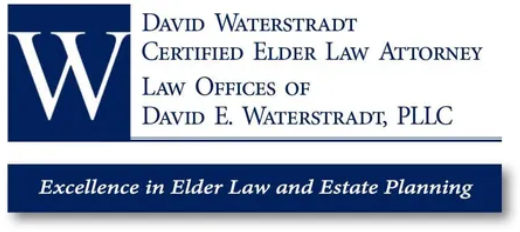950 W Norton Ave Ste 405 Muskegon, MI 49441
Blog
Navigation
Contact Info
Tel:
231-773-1169
Fax: 231-773-1179
950 W Norton Ave Ste 405 Muskegon, MI 49441
- Mon - Fri
- -
- Saturday
- Appointment Only
- Sunday
- Closed
Get In Touch
Contact Us
Thank you for contacting us.
We will get back to you as soon as possible.
We will get back to you as soon as possible.
Oops, there was an error sending your message.
Please try again later.
Please try again later.








